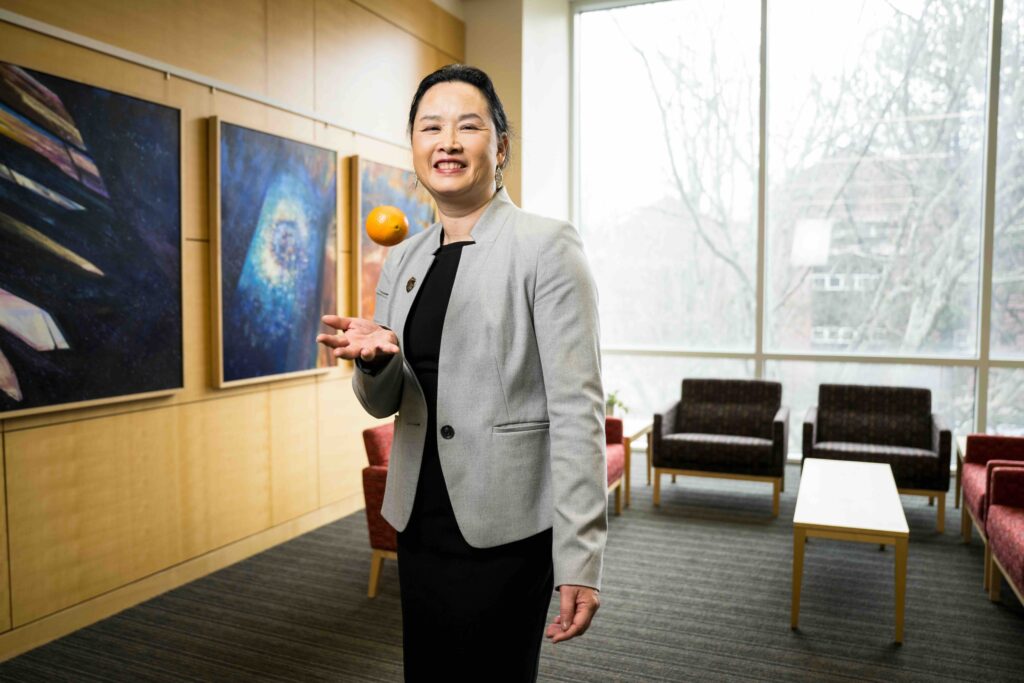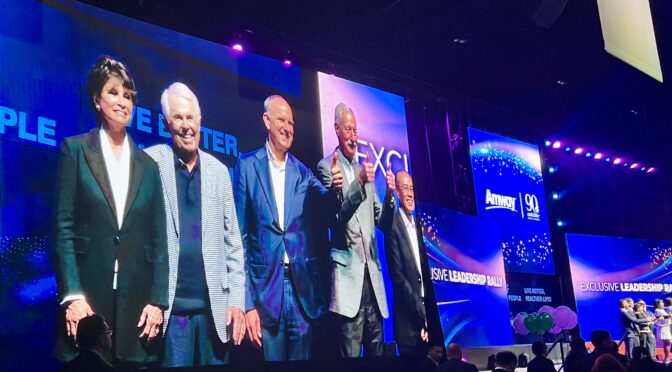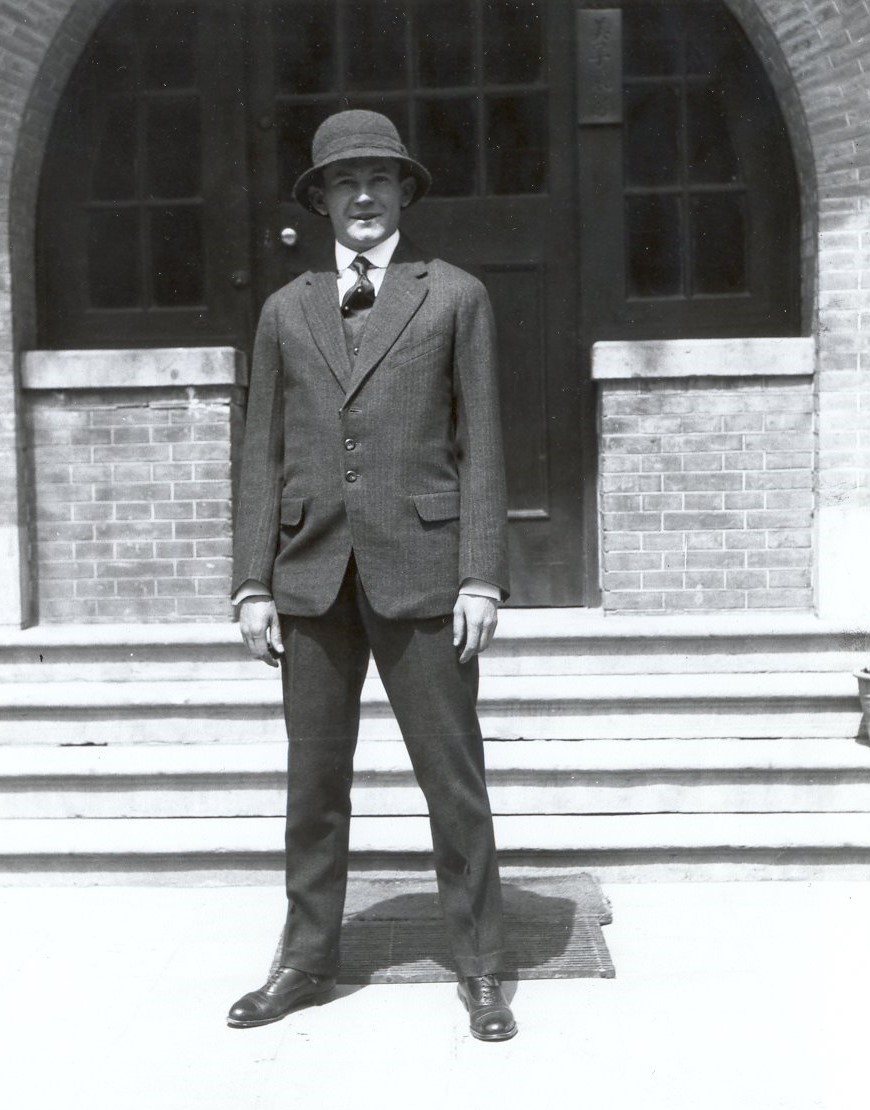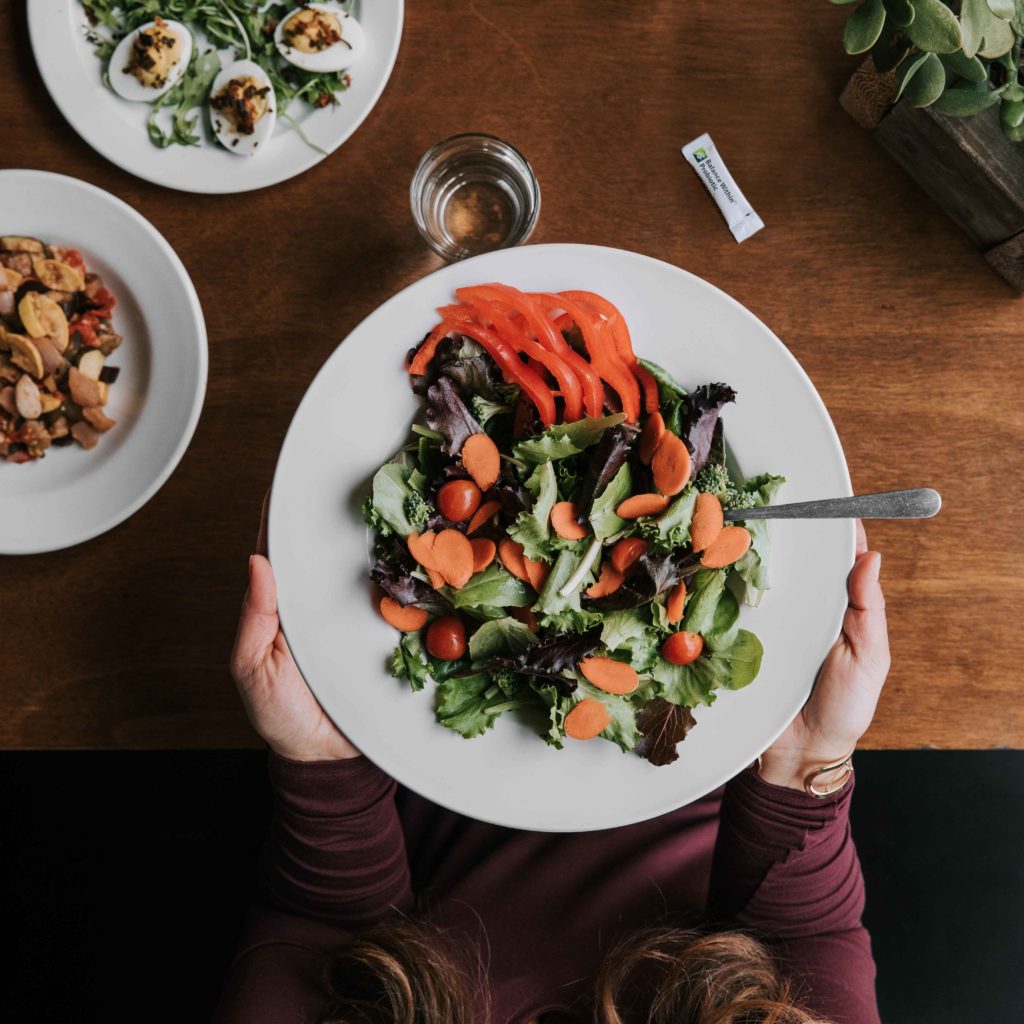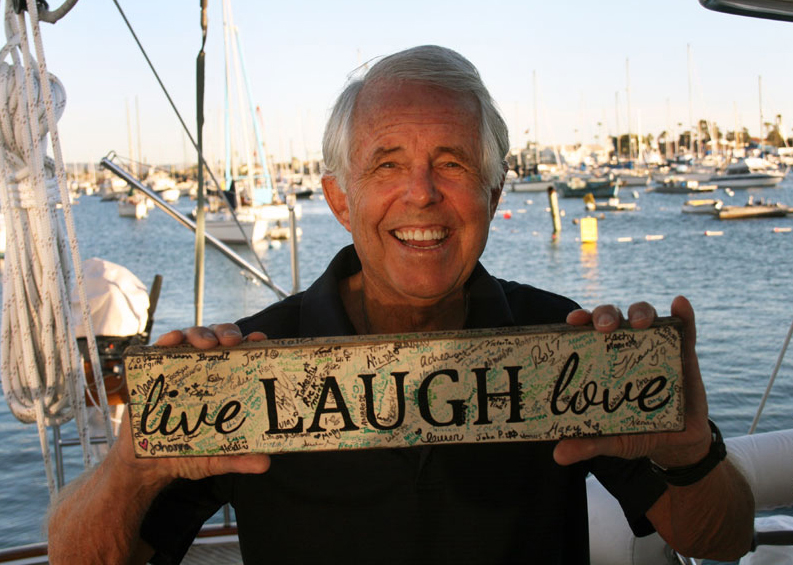
Throughout my life, I’ve met many successful people who are fueled by the power of friendship. One quality they share is an ability to take genuine interest in making space for the people they meet. When you interact with them, they make you magically feel like you’re the only person in the world, even if it’s only for a moment.
Friendship is deeply embedded in Amway’s approach to Health and Wellbeing; an approach which also recognizes core Nutrilite values that mean so much to me, like optimal health, community, and care for our planet.
A variety of categories comprise our Health and Wellbeing approach, including “community connection” and “personal growth” – two pillars that truly go together because we can’t go it alone in this world and expect to be successful for the long term.
That’s why I’ve been reflecting lately on how important healthy relationships – and friendship – have become when you are meeting people and making connections.
I’m sure you know people who seem to easily build incredible networks with numerous connections, which makes sense in a world dominated by social networks – and social media influence – where connections are like currency.
The more connections you have the more validated you might feel. But we should also ask ourselves whether these types of “connections” are supporting our individual wellbeing and making us feel happier.
The Fabric of Relationships
There’s nothing wrong with being well connected, but not if you’re unable to go deeper and turn a connection into a healthy relationship. That takes more effort and a willingness to see people more fully.
Think of a connection as a single thread, and a relationship as a woven fabric. A connection is a basic point of contact – you might share a common interest with someone or have a brief interaction. Whereas a relationship has more depth – and breadth – because you are sharing experiences and feelings. In a healthy relationship, there is mutual respect and a willingness to reciprocate because you support each other and better understand each other.
Starting from your Base Camp
Our partners and our families should be like a base camp for healthy relationships. How we connect with our loved ones is a blueprint for how we treat our friends and neighbors, and how we can turn our connections into healthy relationships when appropriate.
I care deeply about my family and circle of friends. They create joy for me and keep me motivated to live a long healthy life so I can get to know my grandchildren, and eventually my great grandchildren!
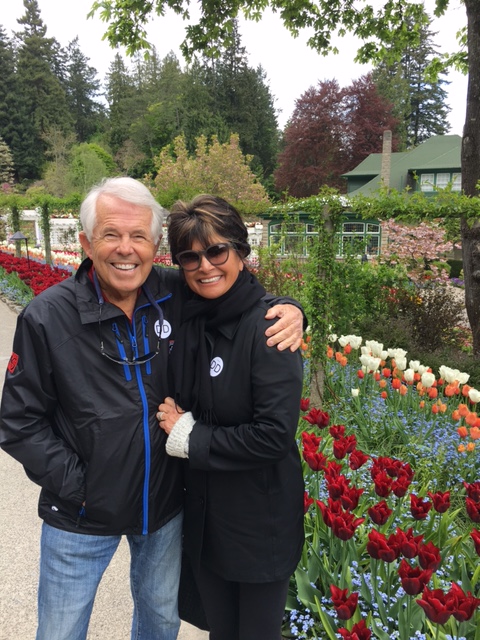
A World of Social Media
Social media is here to stay, and the reality is that for many people in today’s world it has fundamentally altered how we interact with each other. Even though we are hyper-connected, studies have shown that depression and loneliness are on the rise in a world where face-to-face interaction is often interrupted by a smart phone.
In some ways we are multitasking our relationships. We’re often so focused on capturing our experiences that we forget to live in the wonderful moments that make up our lives. I believe it’s those moments that create momentum and make us who we are, which is why we might need to do better at focusing on what’s important to us.
A Final Word on Success
The most successful people are also the people who will turn out to be your best friend. They connect with others on an emotional level, and they easily turn connections into relationships. They’re the people who will make a difference in your life, and the ones you will want to be around no matter whether you are feeling happy or sad.
In the end, it’s exceedingly rare for anyone to achieve success without the help and support of others.
That’s why being successful and being a product of the product takes a rich community of friendship, laughter, and maybe most of all, healthy relationships that last for the long haul.
Cheers!


